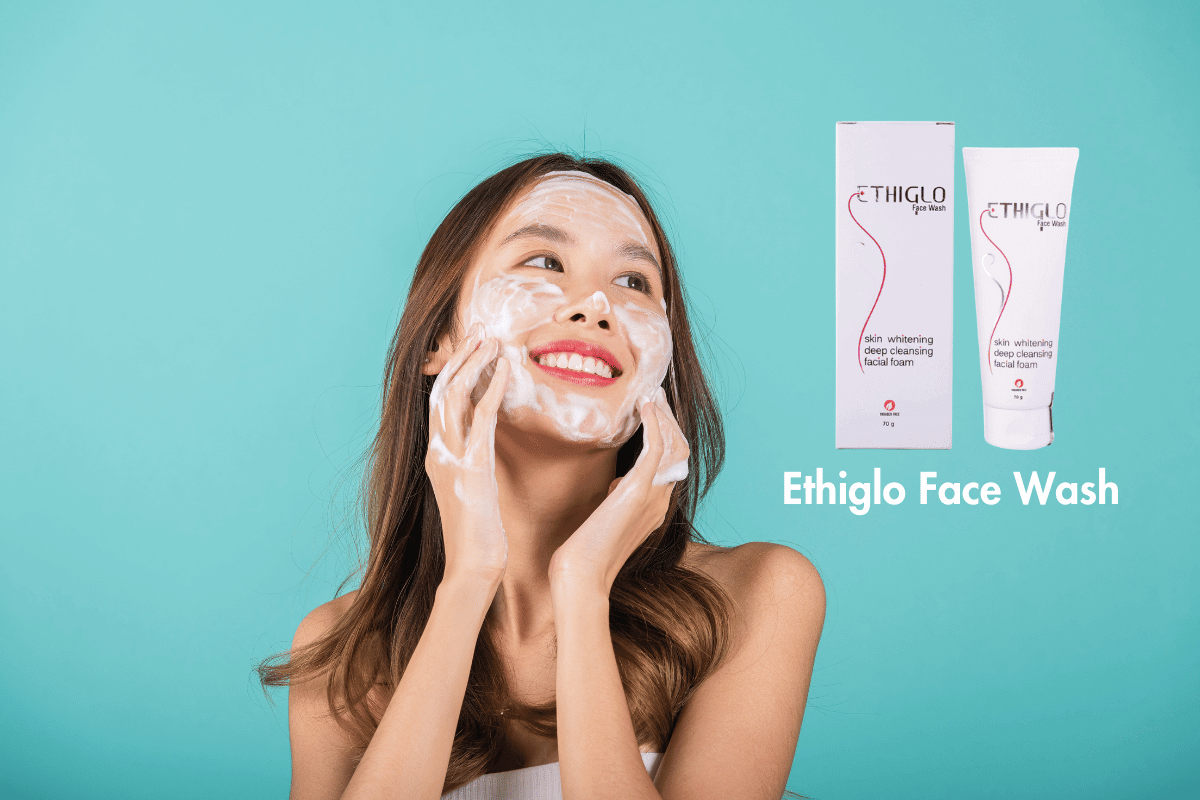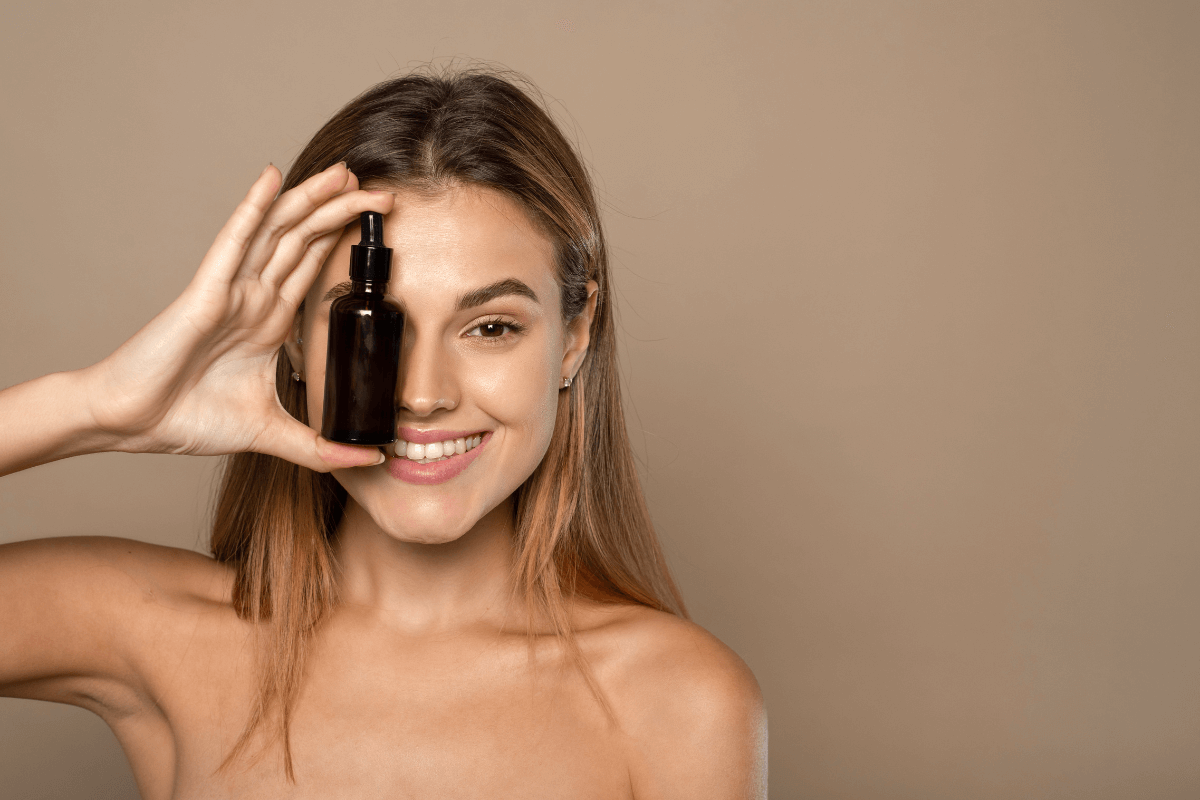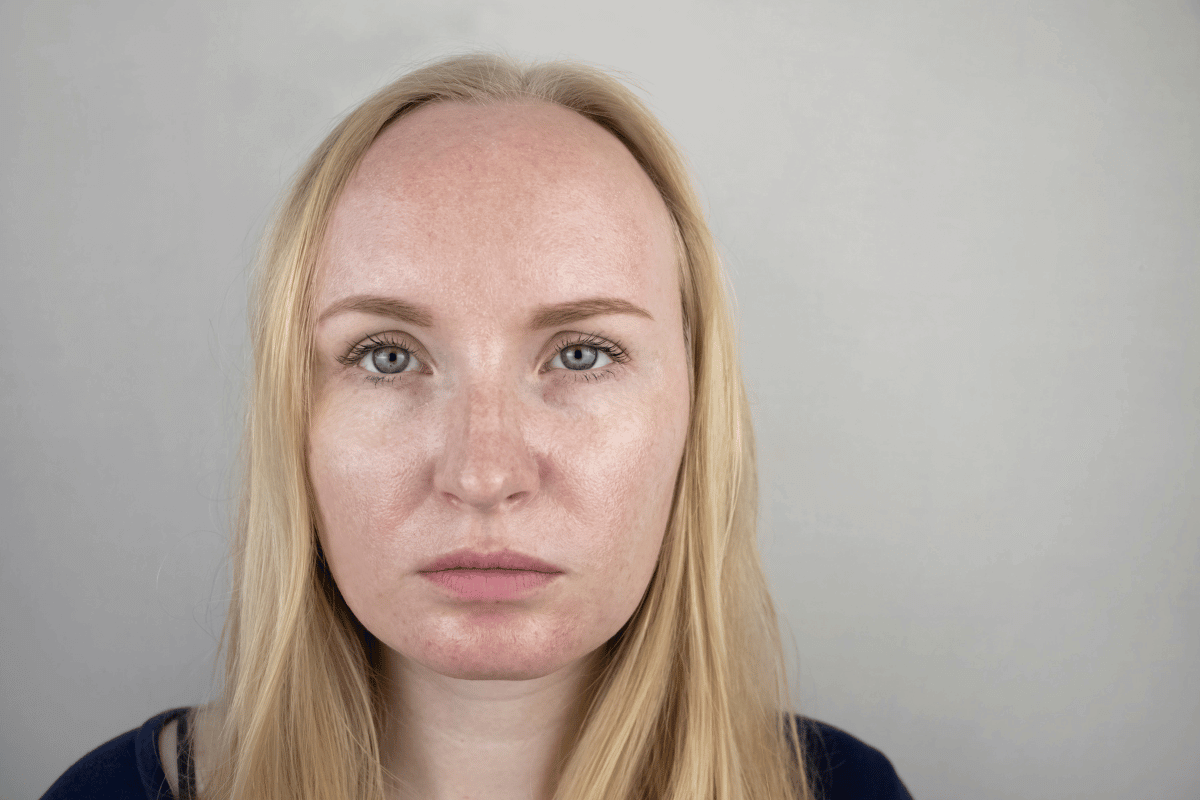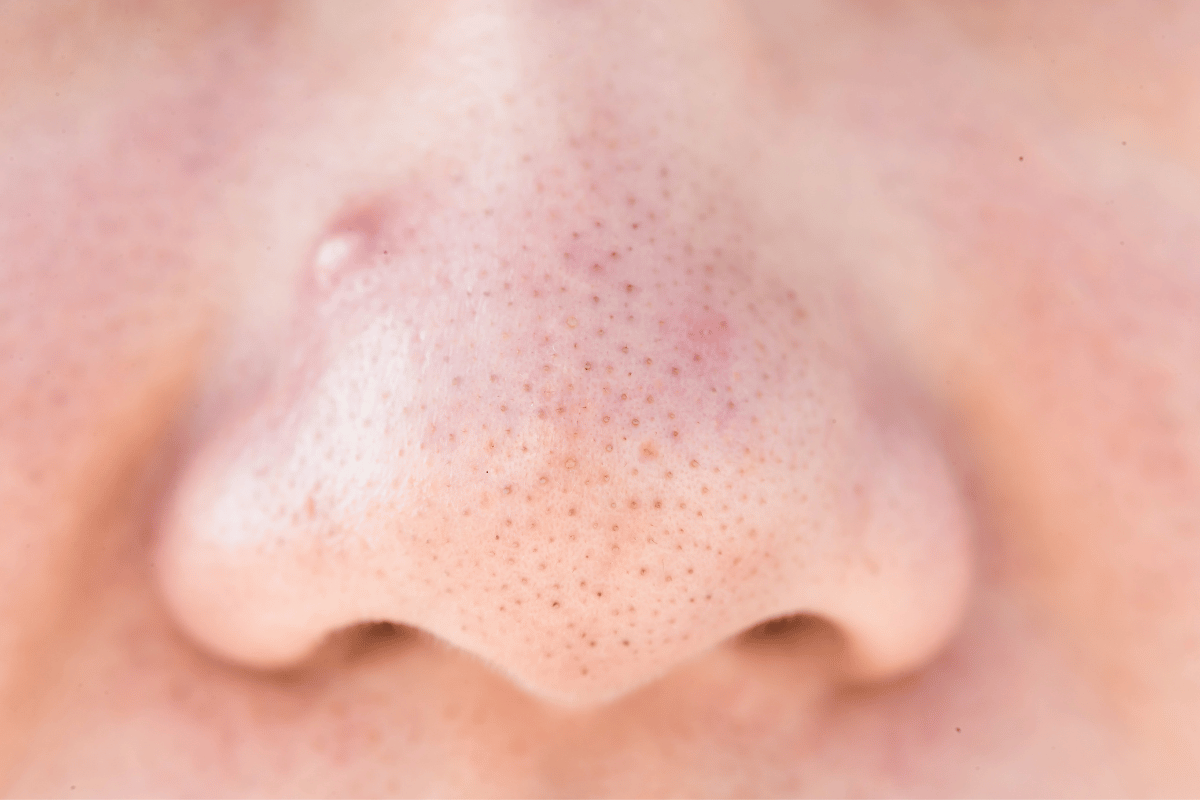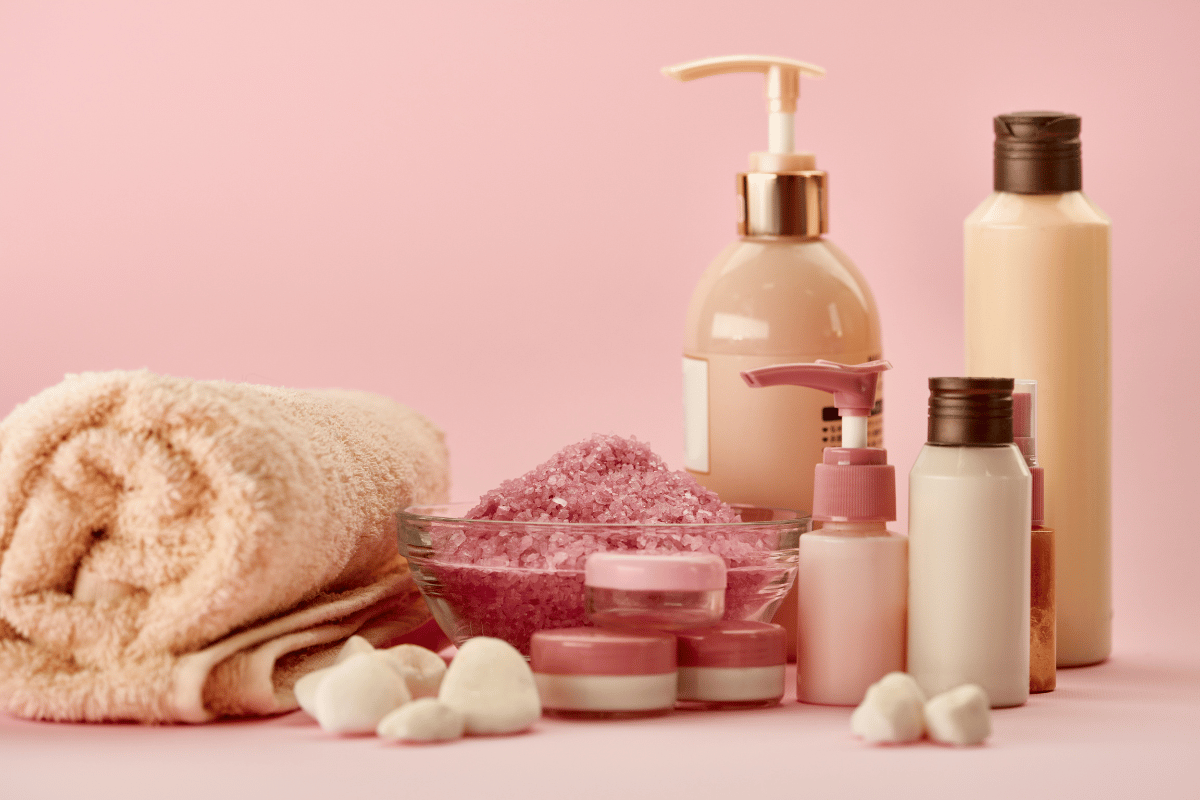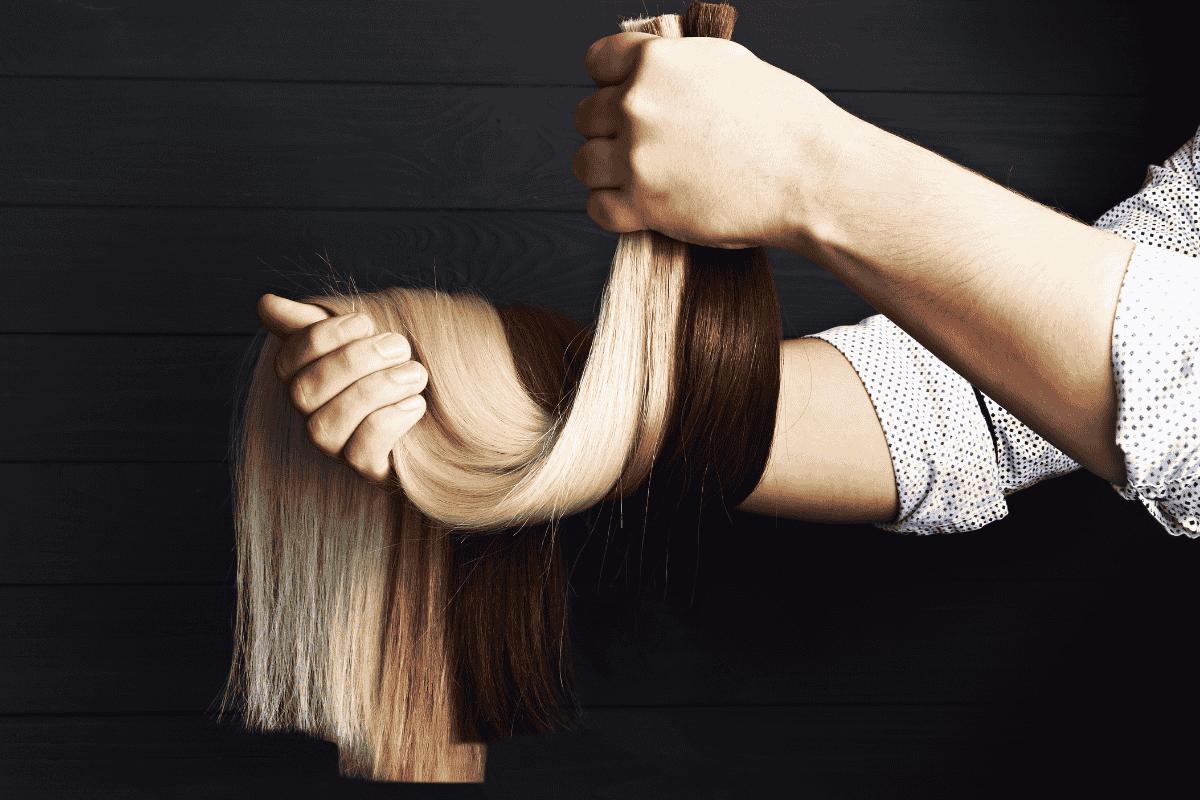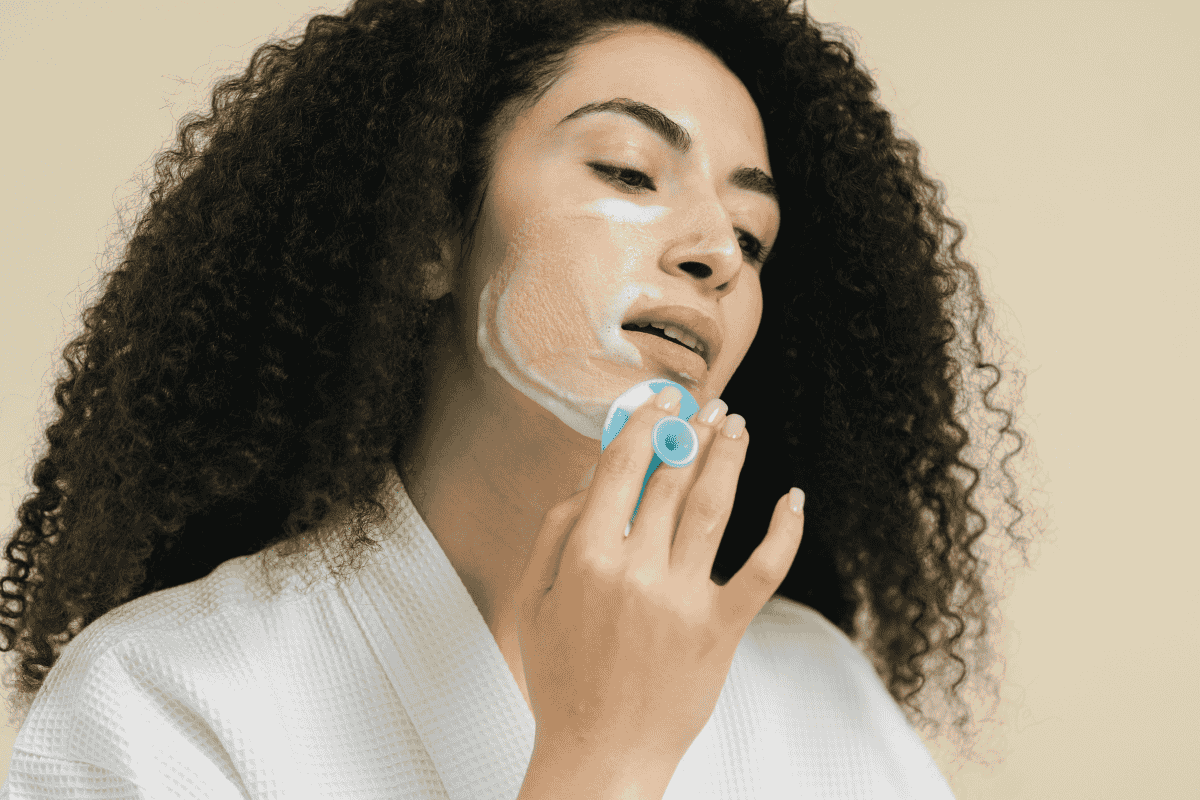As the summer season rolls around, it brings along its fair share of joys and challenges, especially for our skin.
Summer’s combination of heat, humidity, and increased sun exposure can wreak havoc on the skin. Excessive sweating can clog pores and lead to acne, while UV radiation causes sunburn and accelerates skin ageing. Outdoor activities expose the skin to pollutants, and air conditioning can dry it out. These factors collectively contribute to common summer skin problems.
In this guide, we’ll explore such common summer skin problems, effective solutions and product recommendations to help you enjoy the season while keeping your skin healthy and glowing.
Let’s check it out.
Table of Contents
7 Skin Problems to Deal with in Summer Season
As the summer season rolls around, it brings along its fair share of joys and challenges, especially for our skin. But, we need to understand why does it pauses challenges against us and the ways to deal with it.
1. Sunburn
Sunburn occurs when the skin is exposed to ultraviolet (UV) radiation from the sun for an extended period without adequate protection. UV radiation damages the DNA in skin cells, leading to inflammation, redness, pain, and in severe cases, blistering and peeling. Sunburn causes discomfort and increases the risk of long-term skin damage, including premature ageing and skin cancer.
How to Deal with Sunburn?
- Seek shade, especially during peak sun hours (10 a.m. to 4 p.m.), wear protective clothing like wide-brimmed hats and long-sleeved shirts, and consistently apply sunscreen with a high SPF (30 or higher) every two hours, or more frequently if swimming or sweating heavily.
- Choose broad-spectrum sunscreens containing physical blockers like zinc oxide or titanium dioxide, which effectively protect against UVA and UVB rays without irritating sensitive skin.
2. Heat Rash
Heat rash, also known as prickly heat, develops when sweat ducts become blocked, trapping sweat beneath the skin’s surface. This blockage leads to irritation, inflammation, and the formation of small, red bumps or blisters.
Heat rash commonly occurs in areas where skin folds or clothing rub against the skin, such as the neck, chest, groyne, and underarms. While it typically resolves on its own within a few days, severe cases may cause discomfort and require medical attention.
How to Deal with Heat Rashes?
- Keep cool and dry by wearing loose, breathable clothing, avoiding excessive sweating, and staying in air-conditioned environments when possible. Use gentle cleansers to prevent further irritation and apply soothing treatments like calamine lotion or aloe vera gel to affected areas.
- Look for non-comedogenic moisturizers and body lotions that are lightweight and won’t clog pores, helping to prevent heat rash from worsening.
3. Acne Breakouts
Acne breakouts are a common skin concern during summer due to increased heat, humidity, and sweat production. Excess oil and dead skin cells can clog pores, forming whiteheads, blackheads, and pimples.
In addition to environmental factors, hormonal changes, stress, and dietary habits can also contribute to acne flare-ups. Acne breakouts affect the appearance of the skin and can also cause pain, inflammation, and self-esteem issues.
How to Deal with Summer Acne?
- Maintain a consistent skincare routine with gentle cleansers and oil-free, non-comedogenic products. Use acne-fighting face wash with ingredients like salicylic acid or benzoyl peroxide to target existing breakouts and prevent new ones from forming.
- Choose oil-free sunscreen and makeup products labelled as non-comedogenic to avoid further pore blockage, and consider incorporating lightweight, hydrating serums to balance oil production without clogging pores.
4. Dehydrated Skin
Dehydrated skin occurs when the skin lacks sufficient moisture, leading to dryness, tightness, flakiness, and dullness. Hot temperatures, sun exposure, and air conditioning can all contribute to moisture loss, disrupting the skin’s natural barrier function. Without proper hydration, the skin becomes more susceptible to irritation, inflammation, and premature aging. Dehydrated skin may also intensify other skin issues, such as acne and sensitivity.
How to Deal with Dehydrated Skin?
- Drink plenty of water to stay hydrated from within and use a gentle, hydrating moisturizer to replenish lost moisture in the skin. Incorporate products containing humectants like hyaluronic acid or glycerin to attract and retain moisture.
- Opt for lightweight, non-greasy moisturizers and serums that absorb quickly into the skin, providing long-lasting hydration without feeling heavy or occlusive.
5. Hyperhidrosis
Hyperhidrosis also known as Excessive sweating, occurs when the body produces more sweat than is necessary for thermoregulation. While sweating is a natural mechanism for cooling the body during hot weather or physical activity, excessive sweating can be uncomfortable and embarrassing. It can lead to skin irritation, body odor, and social anxiety, impacting daily activities and quality of life. Excessive sweating may be localized to specific areas of the body, such as the underarms, palms, or feet, or affect the entire body.
How to Deal with Hyperhidrosis?
- Wear breathable, moisture-wicking fabrics to help absorb sweat and keep the skin dry. Shower regularly with mild cleansers and use antiperspirants or talcum powder to control sweat and odour.
- Consider clinical-strength antiperspirants or antiperspirant wipes for targeted sweat control in problem areas like the underarms, palms, and feet.
6. Sun Sensitivity
Sun sensitivity, also referred to as photosensitivity or photodermatitis, occurs when the skin reacts abnormally to sunlight or artificial UV radiation. Certain medications, skincare ingredients, and medical conditions can increase the skin’s sensitivity to UV radiation, leading to sunburn, rashes, and other skin reactions. Common symptoms of sun sensitivity include redness, itching, swelling, and blistering. Prolonged or repeated sun exposure can exacerbate these symptoms and increase the risk of long-term skin damage.
How to Deal with Sun Sensitivity?
- Consult with a dermatologist to assess your sun sensitivity and adjust your skincare routine and medications accordingly. Wear protective clothing, hats, and sunglasses, and seek shade whenever possible.
- Use mineral-based sunscreens with gentle formulations suitable for sensitive skin, and avoid products containing potential irritants such as fragrances and harsh chemicals.
7. Hyperpigmentation
Hyperpigmentation refers to the darkening of the skin due to an overproduction of melanin, the pigment responsible for skin colour. Increased sun exposure stimulates melanin production, forming dark spots, freckles, and uneven skin tone. While hyperpigmentation is not harmful, it can be cosmetically concerning and impact self-confidence.
Hyperpigmentation may sometimes be associated with underlying skin conditions, hormonal changes, or inflammation. Effective sun protection and skincare measures are essential for preventing and managing hyperpigmentation.
How to Deal with Hyperpigmentation?
- Protect your skin from UV radiation by applying sunscreen daily and using skincare products containing brightening agents like vitamin C, niacinamide, and licorice extract.
- Add antioxidant-rich serums and spot treatments to your skincare routine to fade existing hyperpigmentation and prevent further sun damage.
Conclusion
Summer can be a challenging time for our skin, but with the right knowledge and skincare routine, you can effectively manage and prevent common issues. Try to follow the tips outlined in this guide and incorporate suitable products into your daily skincare routine, and you can enjoy the season while keeping your skin healthy, radiant, and protected.
Still, if the summer hits your skin and causes any problem, feel free to connect with our skin care experts now and we will be taking care of your summer skin problems.


